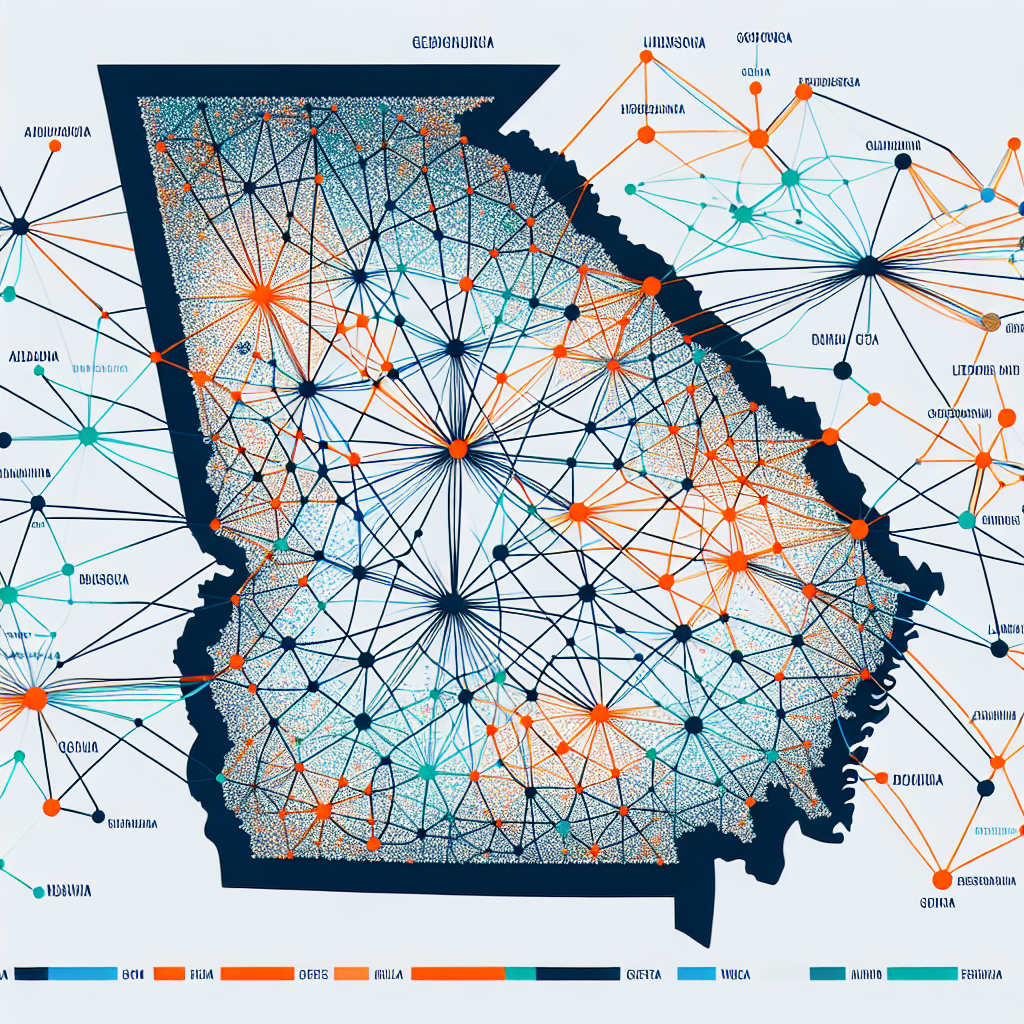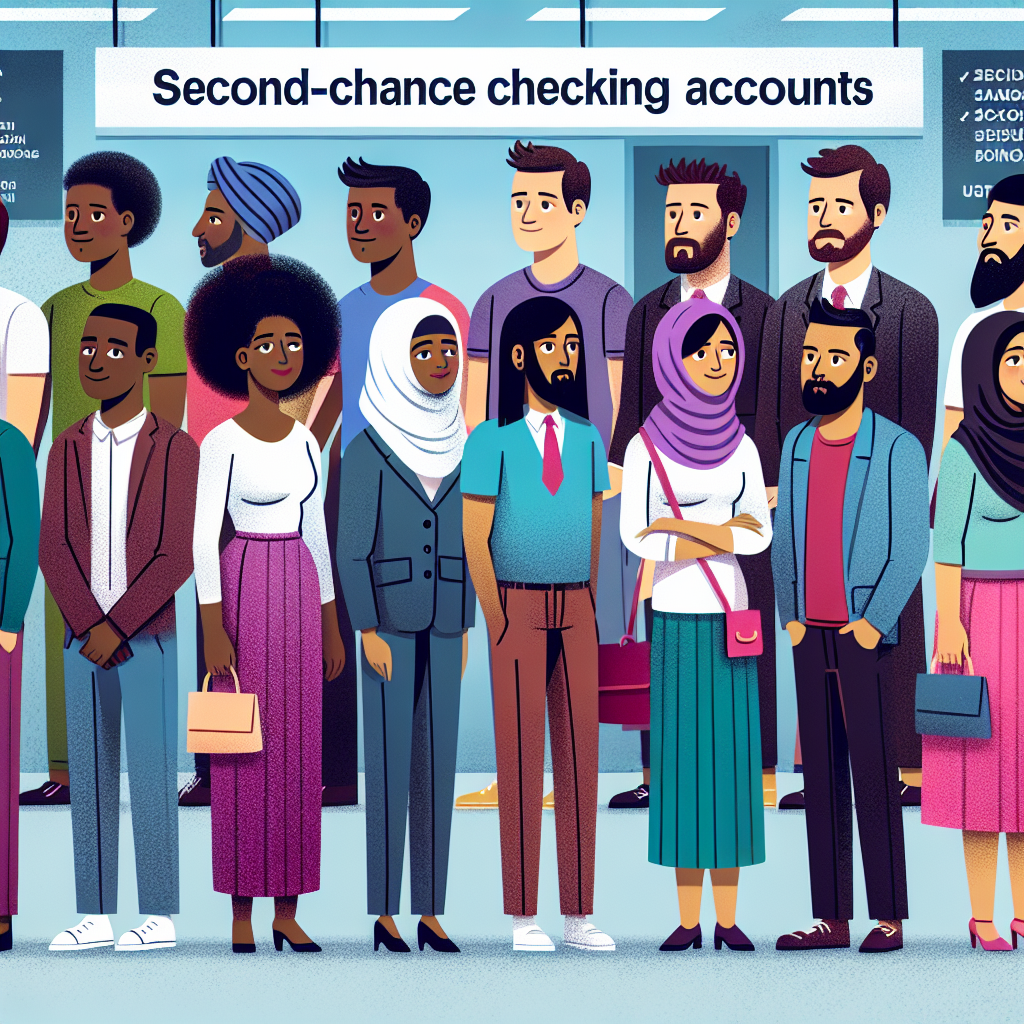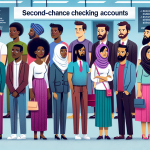Cryptocurrencies are digital money that use special technology called blockchain to keep records. They can change the way we think about banks and how we use money. In this article, we will explore how cryptocurrencies could make banking better and simpler for everyone.
Traditionally, banks are where people keep their money, save, and take loans. But banks can be slow and charge fees. Cryptocurrencies can help fix some of these problems. For example, with cryptocurrencies, people can send money directly to each other without needing a bank in the middle. This means lower fees and faster transactions.
Another important thing is that cryptocurrencies can give everyone access to financial services. Many people around the world don’t have bank accounts. With cryptocurrencies, they can start using money easily with just a phone and internet. This can help them join the global economy.
However, there are some challenges too. Cryptocurrencies can be hard to understand, and sometimes their value can change very quickly. It’s important for people to know the risks before starting to use them.
In conclusion, cryptocurrencies have the power to change traditional banking systems by making them faster, cheaper, and more accessible. As more people learn about and use cryptocurrencies, we might see a new way to manage money in the future.
Glossary:
Cryptocurrencies: Digital money that uses technology to work.
Blockchain: A safe way to keep records of transactions.
Transactions: Actions of sending or receiving money.
Fees: Extra money charged for services.
Access: The ability to use something, like financial services.
Understanding the Current Banking System
The traditional banking system has been around for centuries. It serves as the backbone of our financial systems, allowing people to save, borrow, and invest money. However, it comes with its own set of challenges, including high fees, slow transaction speeds, and lack of accessibility for unbanked populations.
- High Fees: Banks often charge fees for maintaining accounts, transferring money, and withdrawing cash.
- Slow Transactions: International money transfers can take several days due to the involvement of multiple banks.
- Lack of Accessibility: Many people, especially in developing countries, do not have access to banks.
What Are Cryptocurrencies?
Cryptocurrencies are digital or virtual currencies that use cryptography for security. Unlike traditional currencies issued by governments, cryptocurrencies operate on a technology called blockchain.
Key Terms:
- Blockchain: A decentralized technology that records all transactions across a network of computers.
- Decentralization: The distribution of authority away from a central authority, which in the case of cryptocurrencies, means no single entity controls them.
- Mining: The process of validating transactions and adding them to the blockchain, often involving complex mathematical computations.
How Cryptocurrencies Could Transform Banking
Cryptocurrencies hold the potential to revolutionize the banking system in several ways:
- Lower Fees: Transactions made with cryptocurrencies typically carry lower fees than traditional banks. This could greatly benefit consumers and businesses alike.
- Faster Transactions: Cryptocurrency transactions can often be completed in seconds, rather than days. This speed improves the efficiency of the financial system.
- Financial Inclusion: Cryptocurrencies can provide banking services to unbanked populations around the world, offering them access to financial tools.
How Crypto Could Make Global Banking Irrelevant
Challenges Faced by Cryptocurrencies
While the benefits are significant, there are also challenges that cryptocurrencies face:
- Regulatory Issues: Governments are still figuring out how to legally treat and regulate cryptocurrencies.
- Security Concerns: Although blockchain technology is secure, cryptocurrency exchanges have been subject to hacking and theft.
- Market Volatility: The prices of cryptocurrencies can be highly volatile, which could discourage users from adopting them.
Real-World Impact
“Cryptocurrencies and the blockchain technology behind them have the potential to create a more inclusive and efficient financial system.”
This quote underscores the transformative potential of these technologies. Companies like Ripple and Stellar are already developing systems to facilitate fast, cross-border payments using blockchain technology.
Possible Solutions to Challenges
To overcome the challenges faced by cryptocurrencies, several solutions are being proposed:
- Clear Regulations: Governments can create clear regulations that provide guidance on how cryptocurrencies should be used and traded.
- Improved Security Measures: Cryptocurrency exchanges can invest in better security protocols to protect users’ assets.
- Stablecoins: These cryptocurrencies are designed to have a stable value, reducing market volatility and making them more appealing for everyday transactions.
Final Thoughts
As cryptocurrencies continue to evolve, their potential to transform traditional banking systems cannot be ignored. While challenges remain, the benefits of lower fees, faster transactions, and increased access to financial services make it an exciting area to watch. The future may see a blend of traditional banking and cryptocurrency systems working together to enhance the way we manage money.
What are cryptocurrencies?
Cryptocurrencies are digital or virtual currencies that use cryptography for security. They operate on decentralized networks based on blockchain technology, which ensures transparency and security in transactions.
How can cryptocurrencies transform traditional banking systems?
Cryptocurrencies can streamline transactions, reduce fees, and increase accessibility. They enable peer-to-peer transactions without intermediaries, minimizing the need for traditional banks and their associated costs.
Can cryptocurrencies provide financial services to the unbanked population?
Yes, cryptocurrencies have the potential to reach people without access to traditional banking services. With just a smartphone and internet access, individuals can participate in the global economy, send money, and store value securely.
What impact do cryptocurrencies have on transaction times?
Cryptocurrency transactions can occur in a matter of minutes or even seconds, compared to traditional banking systems that may take several days to process transactions, especially for international transfers.
Are cryptocurrencies secure?
While cryptocurrencies themselves use strong cryptographic techniques, the security of individual holdings can depend on various factors, such as wallet security and user practices. Overall, the underlying blockchain technology provides a high level of security against fraud.
How do cryptocurrencies affect transaction fees?
Typically, cryptocurrencies have lower transaction fees compared to traditional banking methods. This is especially evident in cross-border transactions, where traditional banks can charge high fees for processing.
What are the regulatory implications of cryptocurrencies for banks?
Regulations are still evolving. Banks may need to adapt to the rise of cryptocurrencies, implementing new compliance measures and possibly integrating cryptocurrency services into their offerings.
Can banks adopt cryptocurrency technology?
Yes, banks can incorporate blockchain technology and cryptocurrencies into their operations. Some banks are exploring partnerships with blockchain providers or creating their own digital currencies to stay competitive.
What challenges do cryptocurrencies face in transforming banking?
Challenges include regulatory hurdles, market volatility, and the need for public education. Convincing consumers to trust cryptocurrencies requires addressing these barriers and demonstrating their benefits compared to traditional banking systems.








